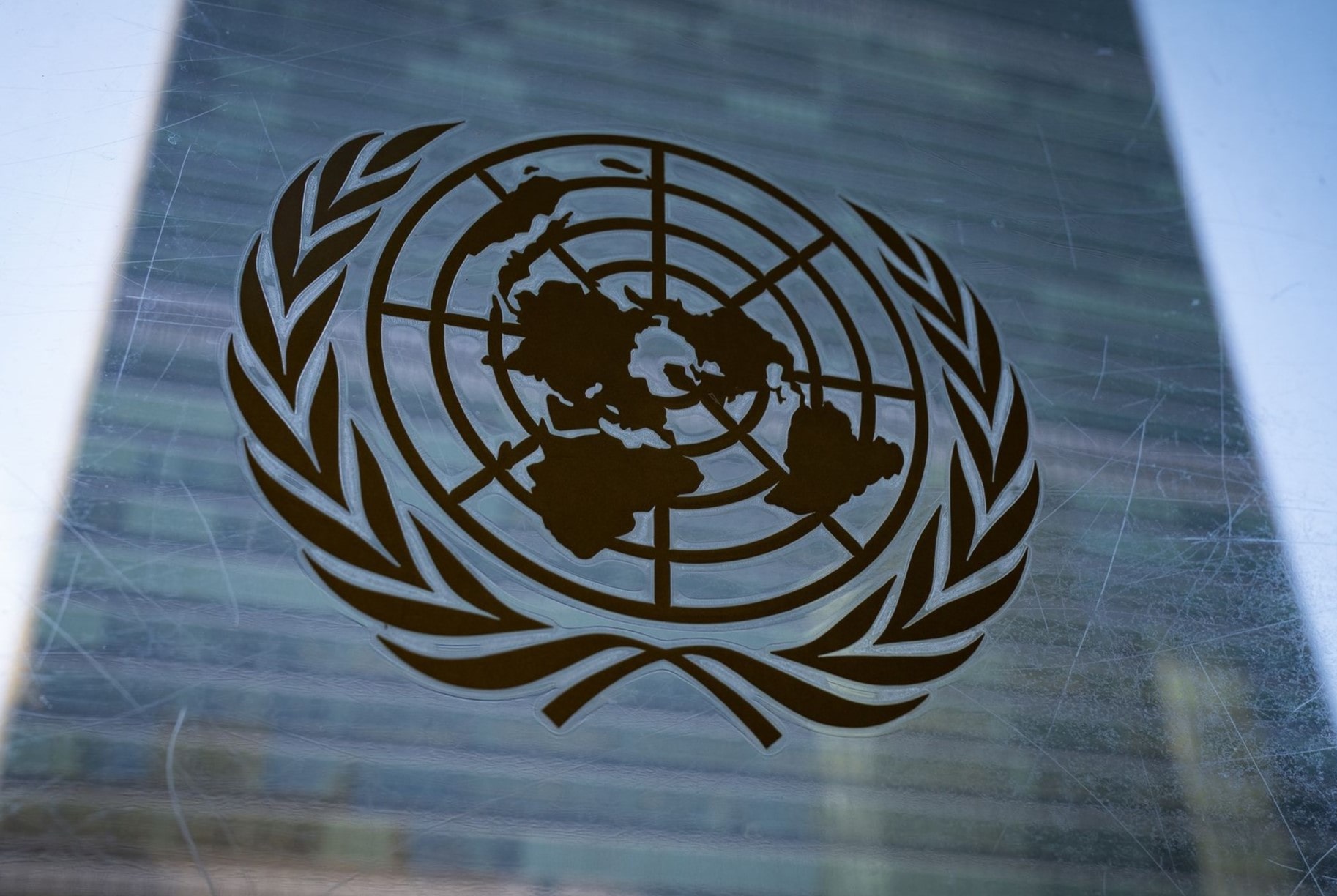
What is the United Nations? It's a global organization, established to promote peace, security, and cooperation among countries. With 193 member states, it tackles some of the world's most pressing challenges, from conflict resolution to humanitarian aid, and from environmental protection to advocating for human rights. This organization plays a pivotal role in international affairs, serving as a platform for nations to collaborate and address global issues collectively. Whether it's deploying peacekeeping missions, coordinating disaster relief efforts, or setting international standards, the United Nations is at the forefront of fostering global unity and progress. In this post, we'll uncover 18 fascinating facts about the United Nations, offering insights into its operations, achievements, and the impact it has around the world.
What Is the United Nations?
The United Nations (UN) is an international organization founded in 1945. It aims to promote peace, security, and cooperation among countries. Here are some fascinating facts about the UN.
Formation and Purpose
The UN was established after World War II to prevent future conflicts and foster international collaboration.
- The UN was founded on October 24, 1945. This date is now celebrated annually as United Nations Day.
- Fifty-one countries initially joined the UN. Today, the organization has 193 member states.
- The UN Charter is its founding document. It outlines the principles and structure of the organization.
Structure and Main Organs
The UN has a complex structure designed to address various global issues.
- The UN has six main organs. These include the General Assembly, Security Council, International Court of Justice, Secretariat, Economic and Social Council, and Trusteeship Council.
- The General Assembly is the main deliberative body. All member states have equal representation here.
- The Security Council is responsible for maintaining international peace and security. It has 15 members, including five permanent ones with veto power: the United States, Russia, China, France, and the United Kingdom.
Key Functions and Activities
The UN engages in numerous activities to achieve its goals.
- Peacekeeping missions are a significant part of the UN's work. These missions help maintain peace and security in conflict zones.
- The UN promotes human rights. The Universal Declaration of Human Rights, adopted in 1948, is a cornerstone document.
- The UN provides humanitarian aid. It assists countries affected by natural disasters, conflicts, and other emergencies.
- The UN supports sustainable development. The Sustainable Development Goals (SDGs) aim to address global challenges like poverty, inequality, and climate change by 2030.
Specialized Agencies and Programs
The UN operates various specialized agencies and programs to tackle specific issues.
- The World Health Organization (WHO) focuses on global health. It coordinates international health efforts and responds to health emergencies.
- The United Nations Children's Fund (UNICEF) works for children's rights. It provides education, healthcare, and emergency relief to children worldwide.
- The United Nations Educational, Scientific and Cultural Organization (UNESCO) promotes education, science, and culture. It aims to build peace through international cooperation in these fields.
- The World Food Programme (WFP) addresses hunger and food security. It provides food assistance to millions of people in need.
Achievements and Challenges
The UN has made significant contributions but also faces challenges.
- The UN played a crucial role in eradicating smallpox. This disease was declared eradicated in 1980, thanks to global vaccination efforts.
- The UN has facilitated numerous peace treaties. It has helped resolve conflicts and promote stability in various regions.
- The UN faces criticism for its bureaucracy and inefficiency. Some argue that the organization needs reform to be more effective.
- The UN struggles with funding issues. Many of its programs rely on voluntary contributions from member states, leading to financial instability.
A Final Look at the United Nations
We've journeyed through the intricate landscape of the United Nations, uncovering its multifaceted roles, from peacekeeping to promoting human rights and sustainable development. This global organization, with its 193 member states, stands as a testament to collective action in addressing some of the world's most pressing challenges. Through its specialized agencies, the UN tackles issues across a broad spectrum, aiming for a more equitable and prosperous future for all. As we've seen, its impact is profound, influencing international policies and fostering cooperation among nations. Understanding the UN's structure and functions helps us appreciate its significance in our interconnected world. Let's carry forward this knowledge, recognizing the importance of global unity and the role each of us plays in contributing to a better tomorrow.
Was this page helpful?
Our commitment to delivering trustworthy and engaging content is at the heart of what we do. Each fact on our site is contributed by real users like you, bringing a wealth of diverse insights and information. To ensure the highest standards of accuracy and reliability, our dedicated editors meticulously review each submission. This process guarantees that the facts we share are not only fascinating but also credible. Trust in our commitment to quality and authenticity as you explore and learn with us.


